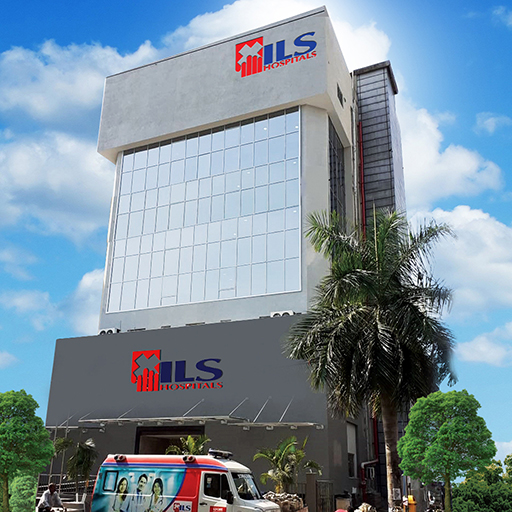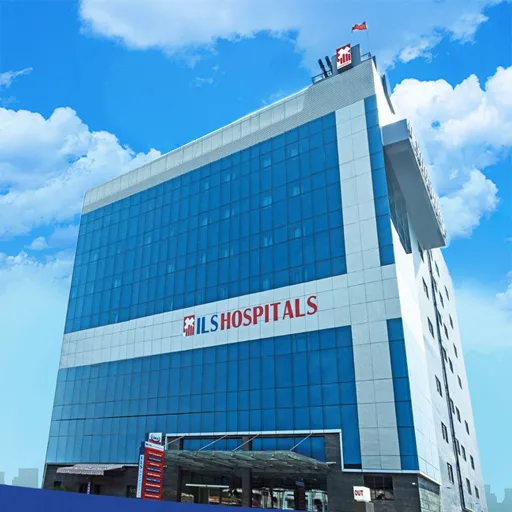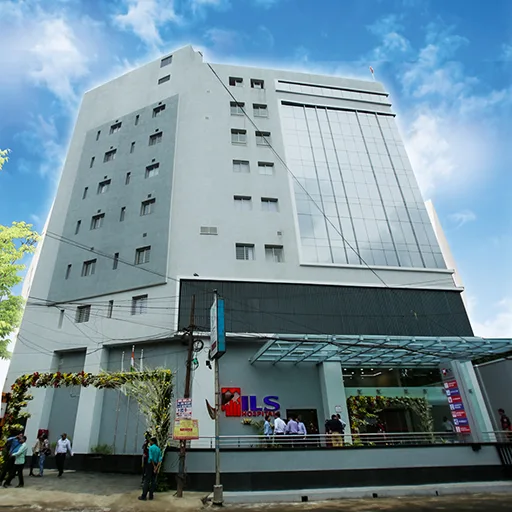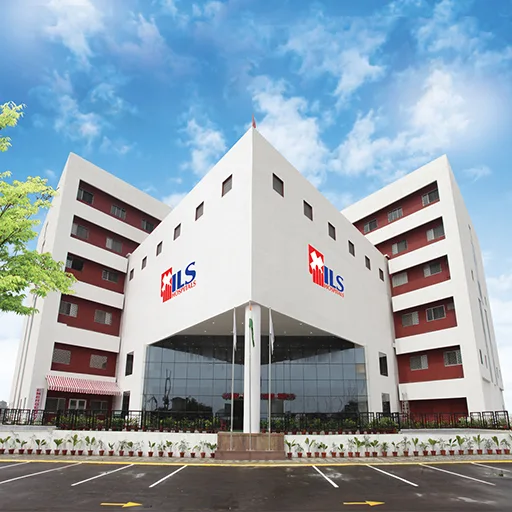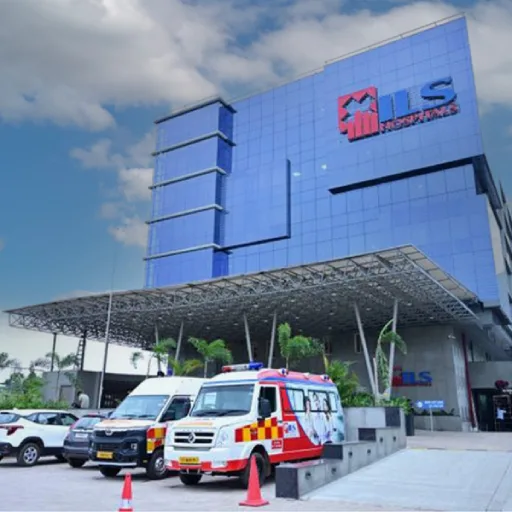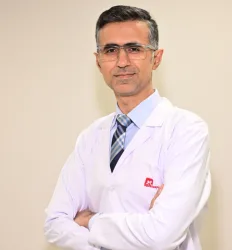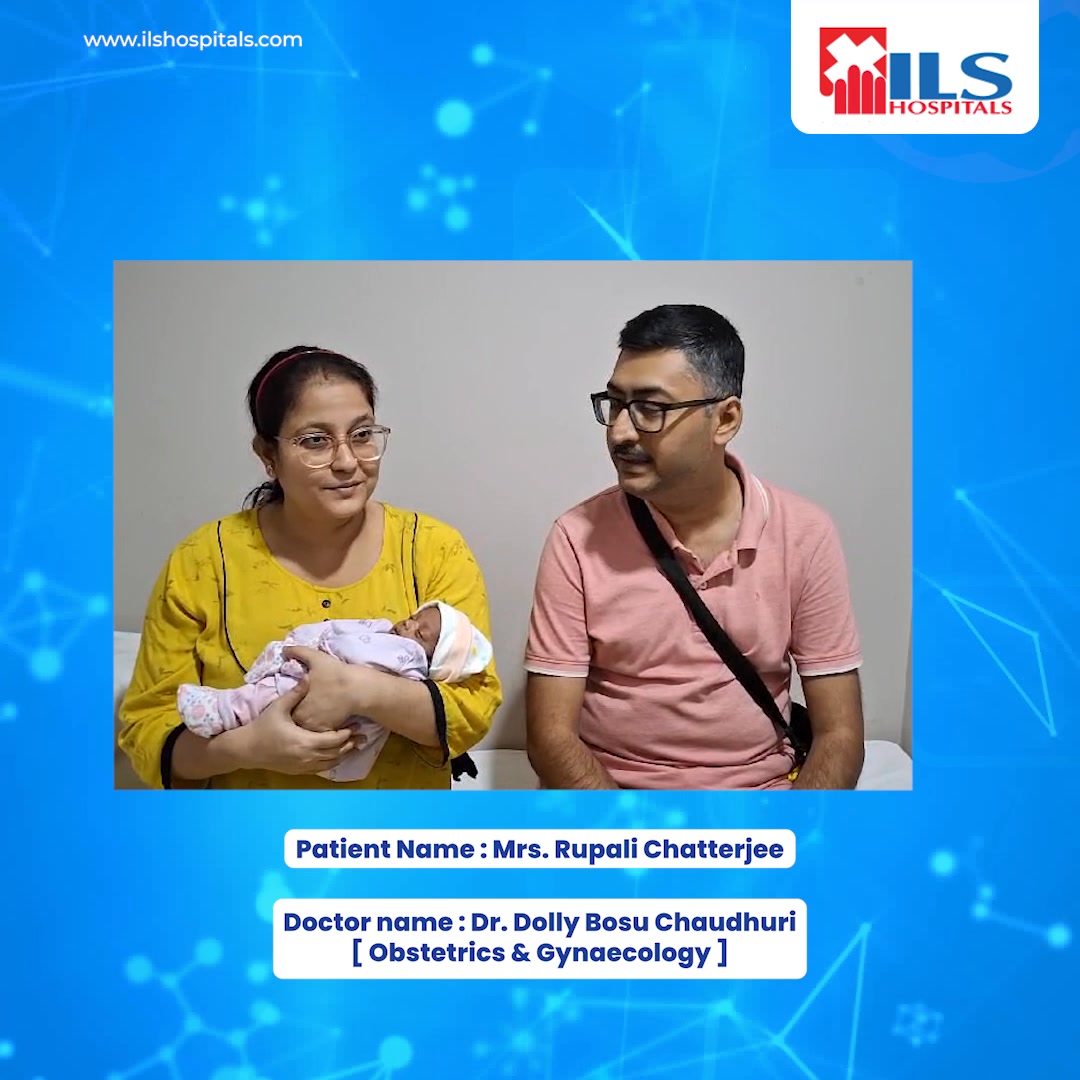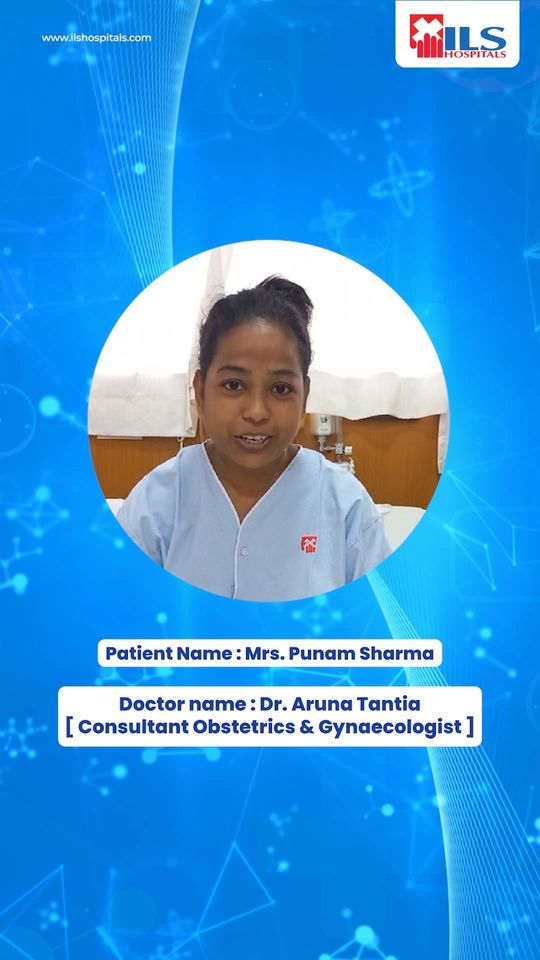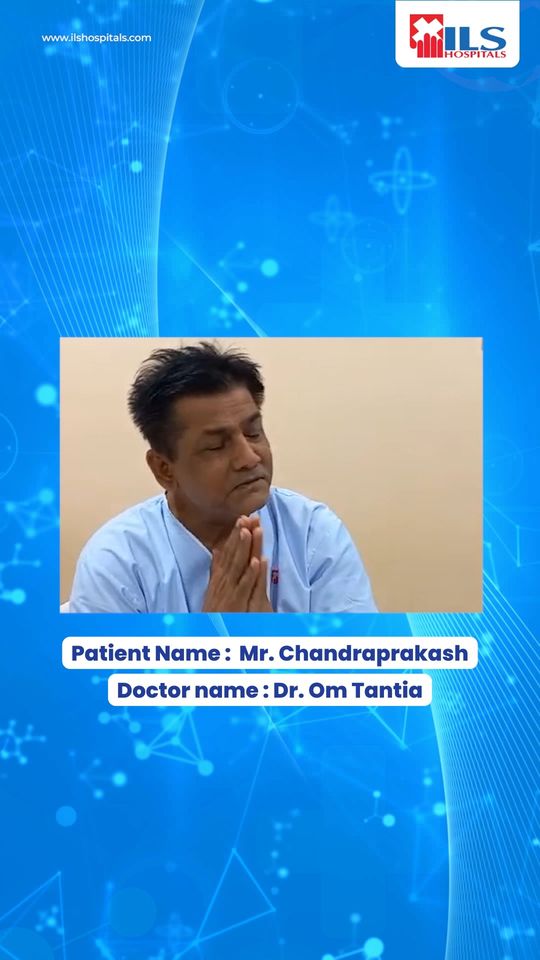Comprehensive Colonoscopy Services at ILS Hospitals
A colonoscopy is a valuable medical procedure designed to examine the inside of your large intestine, including the colon, rectum, and anus. It is performed using an endoscope, a flexible tube equipped with a camera and a light source, which is gently inserted into your body to capture images of your colon’s interior. This procedure serves various purposes, such as cancer screening, diagnosis, and therapeutic interventions.
What is a Colonoscopy?
A colonoscopy is an endoscopic procedure that allows healthcare providers to inspect and assess the condition of your large intestine. The colonoscope, which is the instrument used for the examination, is introduced through your anus and rectum, eventually reaching your colon. This process provides real-time visual information about the state of your large intestine.
Why Would I Need a Colonoscopy?
Colonoscopies are essential for various reasons, including:
- Preventive Screening: Routine colonoscopies are recommended to screen for colorectal cancer, particularly for individuals with a higher statistical risk. Early detection is crucial as colorectal cancer often presents no symptoms until it reaches an advanced stage.
- Diagnostic Purposes: If you experience unexplained symptoms or have specific health concerns, your healthcare provider may recommend a colonoscopy to obtain a comprehensive view of your large intestine, which may reveal the underlying cause of your condition.
Screening
Routine colonoscopies for cancer screening are essential for those who:
- Are over the age of 45 and have not had a colonoscopy.
- Have not undergone a colonoscopy in the past 10 years.
- Had abnormal tissue removed during a prior colonoscopy.
- Have a family history of colorectal cancer.
- Suffer from inherited diseases that increase the risk of colorectal cancer, such as familial adenomatous polyposis (FAP) or Lynch syndrome.
- Are affected by inflammatory bowel disease.
Diagnosis
A colonoscopy can be instrumental in diagnosing conditions like:
- Chronic colitis (e.g., ulcerative colitis or Crohn’s disease).
- Intestinal ischemia and ischemic colitis.
- Diverticulosis and diverticulitis.
- Ulcers and perforations.
- Large bowel obstructions.
- Colorectal polyps and colorectal cancer.
Treatment
One notable advantage of colonoscopy procedures is the possibility of simultaneous treatment if abnormalities are detected. During a colonoscopy, endoscopists have the capability to:
- Polypectomy: Remove and test polyps, which can help prevent the development or spread of potential cancer.
- Wound Sealing: Seal wounds that may be present.
- Medication Administration: Inject medications as necessary.
- Obstruction Removal: Address and remove blockages.
- Stent Placement: Place stents as part of treatment.
- Laser Therapy: Employ laser therapy for tissue treatment.
At ILS Hospitals, we offer comprehensive colonoscopy services conducted by experienced professionals who ensure that the procedure is as comfortable and informative as possible. Whether for screening, diagnosis, or treatment, we are committed to delivering top-quality care to enhance your gastrointestinal health. If you have any concerns, symptoms, or require a colonoscopy for screening, we are here to guide you through the process. Your health and well-being are our priorities.



